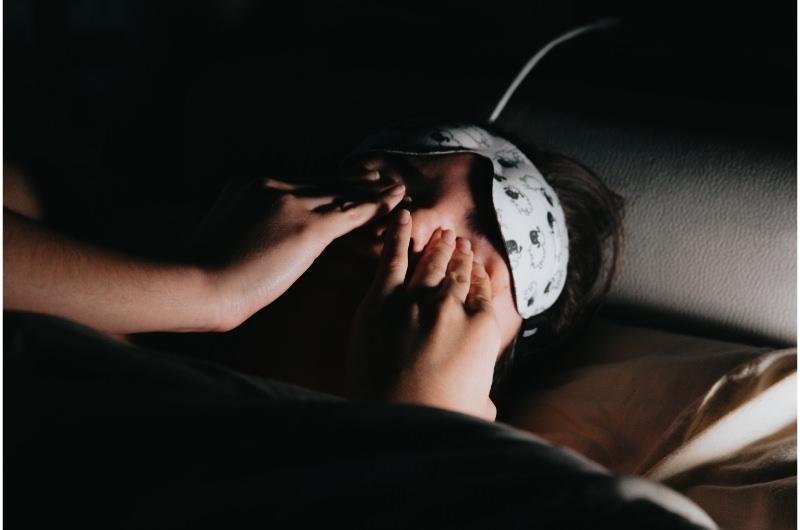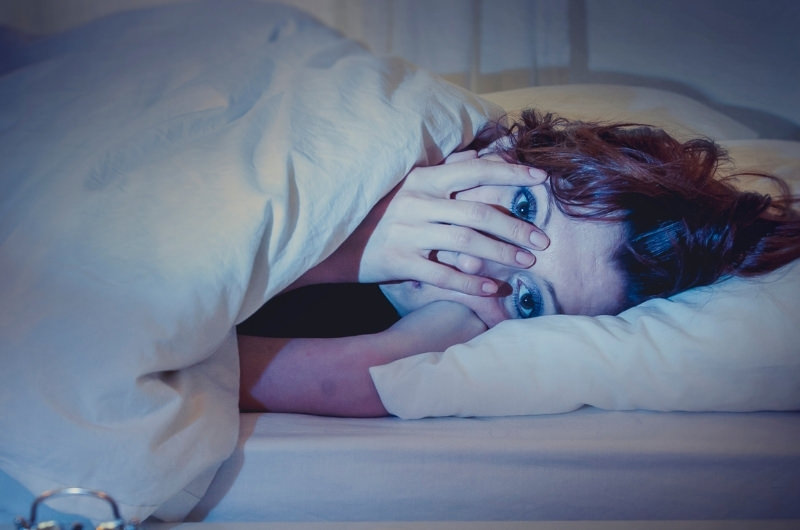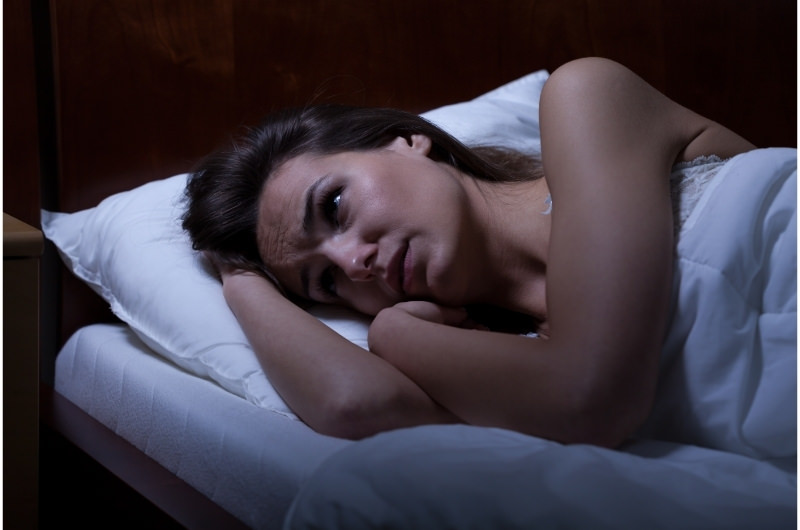Do you find yourself flipping around in bed at night, unable to drift away? Perhaps you tried to fix this issue with melatonin, but it didn’t work? I’ve been there more times than I can count. Among other factors, caffeine was the main culprit in my case. Sleep is one of the most essential things we do; without it, we cannot focus or perform at a high cognitive level. Does melatonin work? Can it cancel out that afternoon coffee you now regret as you lie awake in bed?
While Melatonin may help you fall asleep faster, the strength of Caffeine’s effects will likely outweigh Melatonin’s effects. This is largely dependent on what time you consume your caffeine. Due to caffeine’s long half life, it is best to avoid any caffeine within 12 hours of attempting to fall asleep.
How Does Melatonin Work?
Melatonin is a natural hormone produced by the human brain. You can buy melatonin supplements at your local pharmacy or online. Your brain produces melatonin when there is a lack of light (nighttime). Melatonin attaches to receptors in your brain that help regulate your circadian rhythm.
Circadian rhythm is our bodies’ way of adapting our sleep-wake cycle to our environment. Basically, it makes sure that you sleep when it’s dark and you wake when it’s light out.
Melatonin is also involved in cell protection, neuroprotection, and the reproductive system.
Melatonin is produced by the pineal gland. Referred to as the “Seat of the Soul” by Renee Descartes, the pineal gland is central in the brain. Its purpose is to secrete melatonin when our bodies receive light.
Some animals have a photoreceptive section on top of their heads called a parietal eye or “third eye” that helps the pineal gland know when it is dark or light out.
Melatonin And Sleep Quality

So, does taking a melatonin supplement actually work?
An analysis of 19 studies found that melatonin reduced the time it took people with sleep disorders to fall asleep by an average of 7 minutes. This analysis also showed that patients stayed asleep about 8 minutes longer than the placebo. The participants reported better sleep quality as well.
While melatonin may not knock you out completely, it certainly has the ability to promote a good night’s sleep.
How Does Caffeine Work?
Caffeine is the most widely consumed psychoactive drug in the world. Classified as a stimulant, caffeine makes you feel energetic and clear. Caffeine works by blocking adenosine from binding with our adenosine receptors.
Research suggests that adenosine receptors are responsible for promoting and regulating sleep. When caffeine blocks these receptors, we feel more awake.
In addition to making you feel alert, caffeine is also thought to increase the activity of dopamine and norepinephrine. Dopamine plays a part in learning, motivation, heart rate, mood, attention, etc. Many refer to dopamine as the pleasure neurotransmitter.
Norepinephrine is a neurotransmitter and stress hormone. It increases our heart rate and blood flow to our muscles. People who have norepinephrine deficiencies are susceptible to ADHD and depression.
Caffeine And Sleep Quality
Because caffeine is a stimulant, it hinders our ability to fall asleep. As it blocks adenosine from binding to its receptors, our bodies don’t receive the messages we normally need to help us fall asleep.
Caffeine affects us for a longer duration of time than most think. Caffeine has a half-life of 6 hours and a quarter-life of 12 hours. This means that if you drink your cup of coffee at 12 pm, 1/4th of the caffeine from that cup will still be active in your body.
Scientists have found that caffeine makes us take longer to fall asleep, reduces our total sleep time/efficiency, and worsens our perceived sleep quality. Also important, caffeine reduces our slow-wave sleep, which is responsible for memory consolidation and the feeling of being refreshed and energized in the morning.
One study suggests that caffeine is able to reset our circadian rhythm. This means that we need to avoid caffeine after the morning if we want to fall asleep. On the other hand, caffeine may be useful for resetting our circadian rhythm in the case of jet lag.
What Other Supplements Are Available?
We’ve discussed GABA (Gamma-Aminobutyric Acid) on The Heart & Brain recently, it’s a worthwhile read. A recent study found that GABA induces relaxation and reduces anxiety. There is no solid research proving that taking GABA supplements will induce these effects though.
Magnesium supplements have been found to be beneficial for sleep. Magnesium is well known to be essential for your health, and can actually bind to GABA receptors helping you to relax and fall asleep.
Diphenhydramine (Benadryl) is an antihistamine that can cause drowsiness. This drowsiness can help with acute insomnia, however, healthcare experts do not recommend this as a long-term solution to insomnia.
L-Theanine mixed with GABA has shown to be a potent combination in insomnia treatment. Patients found themselves falling asleep faster, sleeping for longer, and getting more REM (Rapid Eye Movement) sleep. REM is the deep state in which our body completely relaxes and we experience dreams.
I Did Everything Right, Why Can I Still Not Sleep?

As we discussed previously, our pineal gland secretes more melatonin when it receives less light, especially blue light. Our mobile devices emit high amounts of this blue light, and we look at them when it is dark out.
When we look at our phones at night, our bodies are fooled into thinking it’s still daytime, which means our pineal gland does not secrete a nighttime dose of melatonin. Try to reduce your time spent looking at screens at night!
Exercise is also essential for a good night’s sleep. Exercise has been shown to decrease insomnia in multiple studies. Just be careful not to exercise too close to bedtime, as exercise releases endorphins and increases our body temperature, which is not prime for sleep.
Conclusion
If you’ve had a late day or night time coffee, it is likely that melatonin will help you fall asleep, but it certainly isn’t a magic cure. Experiences will differ depending on the individual.
Sleep is a complicated subject, something that I have struggled with for many years. Through my research and experimentation, I have found a method that works best for me. Please keep in mind that this will be different for everyone, considering age and lifestyle.
In my case; I avoid caffeine after 12 pm, exercise every day, wear blue light glasses at night, and take a supplement mixture of Gaba, Magnesium, L-Theanine and melatonin 1 hour before bedtime. Also, I make sure to get some sunlight during the day, to let my body know that it is daytime so my circadian rhythm stays steady.


